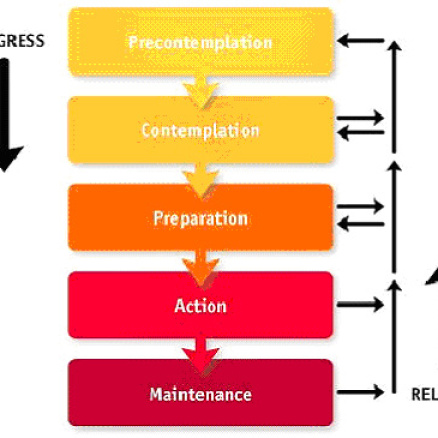Most people think of therapy as being an option only for adults, teens and perhaps pre-teen youth. The idea of traditional therapy i.e. sitting in a chair and talking about your problems for an hour is pretty funny if you think about putting a 3 or 4 year old in the chair across from the therapist! Funny, but also not very helpful. Unfortunately, bad things can happen to very young children that need resolution before they turn into big problems. Parental custody issues, abuse and neglect, exposure to natural disasters, medical conditions-all of these can impact development in children under the age of 5. Studies tell us that the years between birth to 3 are the time of greatest brain development in humans. Even when a child does not yet have the ability to talk, events are encoded in the brain as sight, sound and touch memories. It makes sense then to treat issues as they arise during these years instead of letting them fester until the child can “talk” about them.
Fortunately, schools of therapy recognized this years ago. Methods of therapy were designed to meet children at their developmental level in order to help them stay on a course of healthy social, emotional and physical growth. Play therapy was born!
Why play? Play is FUN! It allows children to explore and interact in a pleasant way. It encourages creativity, helps to relieve stress and express emotions. For children, play is their natural and universal language with toys and actions becoming their words.
Why Play in Therapy? In therapy, play helps children with self exploration, social and emotional development, strengthening relationships, and self expression. It provides the therapist an opportunity to learn about children’s thoughts, feelings and struggles. Children who come to play therapy have often exhausted the coping skills they know, resulting in problems at home, in school or with peers. Play therapy allows children to change the way they think about and feel toward events in their lives to resolve any resulting problem behaviors.
What is Play Therapy? Play therapy differs from regular play in that the therapist helps children to address and resolve their own problems. Play therapy is a structured approach, based on theory that builds on the normal communication and learning processes of children. Play therapists are skilled in creating a safe, inviting environment. They have training in understanding the meanings in children’s play. Sessions are usually held in a playroom, which contains carefully selected toys and materials to assist children in expressing themselves.
There are several types of play therapy, each requiring specialized training and expertise. It is important to talk with any therapist you select about the training they have had. A certification in play therapy is not required, but the therapist should have had formal training in child development and play therapy techniques. Play therapy is NOT the same as sitting in your family room playing with your own children. A therapist without specialized training in this area is just playing with your child, not working on issues therapeutically.
Child Centered Play Therapy: This is sometimes referred to as non-directive play therapy. In this model, a relationship of safety and trust is developed between the child and therapist as the basis for the rest of the work. The child controls the play and has freedom to express him/herself as s/he chooses during the session. The therapist will set limits as needed to insure everyone remains safe. A wide variety of toys are available for the child to use. These toys should reflect the various aspects of daily life, positive and negative. In Child Centered Play Therapy, the child has the opportunity to process issues by playing them out with feedback about underlying thoughts and feelings provided by the therapist.
Filial Play Therapy: This allows the parent to partner with therapist to bring about change. The parent learns to conduct their own play therapy session with the child, using the techniques of Child Centered Play Therapy. This type of therapy assists in strengthening the parent/child bond and provides the parent with an opportunity to understand their child better.
Theraplay ®: This is a directive type of play therapy that works to strengthen the bond between child and parent through looking at and working in the areas of engagement, nurture, challenge and structure in the parent/child relationship. This type of therapy is beneficial to children with a wide array of issues from those who struggle with self-control to those who have experienced trauma or an attachment disruption. Specific activities that parents can use at home to enhance their relationship with the child are taught in addition to participation in Theraplay® sessions.
How Can Families Be Involved?
Parents are a key ingredient to success in the play therapy process! After all, children spend the majority of their time with their parents, not their therapist. Therapists can help the parents better understand the issues underlying children’s feelings and behaviors. Additionally, therapists can help parents learn new strategies and provide support to manage their child’s behavior. It is important for parents to communicate any stressors or changes in behavior that have occurred between sessions. This gives the therapist a bigger picture of what the child may be experiencing. At times, play therapy can bring difficult emotions to the surface, and regression may occur. If you experience this, communication with the therapist is vital so concerns can be addressed quickly.
Children and families heal quicker when they work together!
Still have questions about play therapy? Here are some resources for more information on involving your child in play therapy:
Association for Play Therapy: http://www.a4pt.org/
The Theraplay® Institute: http://www.theraplay.org/
Dibs In Search of Self. Virginia M. Axline. 1986.



